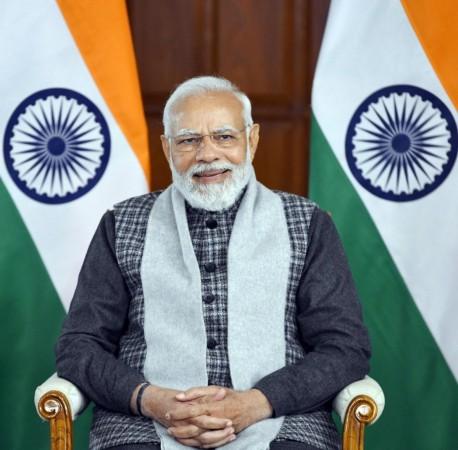Prime Minister Narendra Modi on Friday called for a contingency evacuation plan and other viable options for Indian citizens stuck in war-torn Sudan.
He said this while undertaking a high-level meeting to review the situation in the troubled African nation.
The meeting, which took place through video-conferencing, was attended by External Affairs Minister S. Jaishankar, National Security Advisor Ajit Doval, Indian Ambassador to Sudan, and other senior officials.

PM Modi assessed the most recent developments in Sudan and received a first-hand report of the conditions on the ground, with specific focus on the safety of over 3,000 Indian citizens currently located throughout the country, sources aware of the developments said.
The Prime Minister expressed his condolences on the passing away of an Indian national who tragically fell victim to a stray bullet last week.
He instructed all concerned officials to remain vigilant, closely monitor developments and continuously evaluate the safety of Indian nationals in Sudan, while extending them all possible assistance.
PM Modi also underlined the significance of maintaining close communication with neighbouring countries in the region, as well as those with significant numbers of citizens in Sudan.

Jaishankar has already met UN Secretary General Antonio Guterres in New York to discuss the situation in Sudan, especially the condition of Indian citizens stuck there.
Jaishankar, who was on his way to a series of visits to Guyana, Panama, Columbia and the Dominican Republic on Thursday, made an unscheduled stopover in New York to meet Guterres.
Earlier, he had spoken to the foreign ministers of the UAE and Egypt to discuss the prevailing scenario in Sudan.
Fighting between Sudan's army and paramilitary forces has been going on since April 15, which has led to the death of around 300 people, including an Indian citizen.
Indian foreign ministry has advised Indian citizens in the capital city of Sudan, Khartoum, not to venture to the Indian embassy as it lies in a war zone.
(With inputs from IANS)









